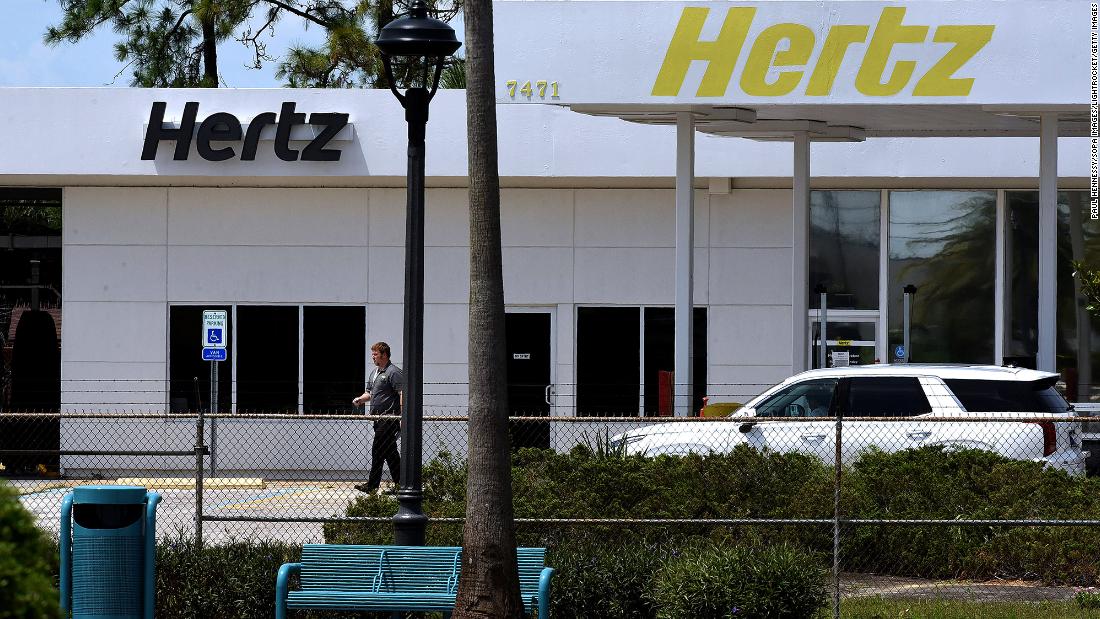Last weekend in Florida, 18 of the state’s 20 largest airports were completely car-free, according to Jonathan Weinberg, CEO of AutoSlash, a website that helps car renters find the lowest price. He said the cars were also sold at Phoenix airport and much of Hawaii. He expects the same thing to happen next weekend, and most summer weekends for those hoping to book a car.
“We expect fees of $ 500 a day in some places,” he said. “Last spring, we saw $ 5 a day rentals in Hawaii. You never saw that before. Now, you would kill for a car for $ 300 a day.”
A search on car rental websites on Wednesday showed a Kia Rio, a subcompact car, that goes for $ 300 a day in Orlando next week. In Maui, Hawaii, the only rental available next week is a Yukon for $ 500 a day.
The scarcity is accentuated in holiday destinations. You can still find cars in other places, like Omaha, for about $ 300 a week, instead of a day.
“The car rental offer is usually tight around spring break, but not like that,” said Chris Woronka, an analyst at Deutsche Bank who tracks the industry. “You usually have 30% more cars.”
He predicted a series of spikes in travel prices above 2019 levels as travelers start to return, especially for those who don’t book in advance. The providers – airlines, hotels or car rental companies – don’t want to bring back capacity too fast just to see trips go down again.
“I think you’re going to have this adjustment period,” he said. “During this period of pent-up demand for travel, but not enough supply, you should expect prices to be higher than in the past. Travel providers are testing the ground. We are in unfamiliar territory. They all lost a lot of money in the year. past. ”
Although the airlines’ planes and hotels closed some floors or temporarily closed in some cases in 2020, it was easier to put that capacity back online with travel recovery.
“Hired cars are an extreme example,” said Woronka.
Book in advance
Car rental companies declined to comment directly on vehicle prices or offer, but confirmed that the situation is extremely tight and recommend that customers book well in advance.
“There are challenges in the supply of new vehicles, partly due to the recent global chip shortages that affect the availability of new vehicles,” said Sara Miller, a spokeswoman for Enterprise Holdings, which includes car rental brands Enterprise, Alamo and National. “We are working closely with our partners to continue adding vehicles to our fleet … [and moving] vehicles whenever possible to withstand regional peaks in demand. “
“We are seeing an increase in demand for leisure travel in vacation destinations across the industry, especially during peak travel times, such as spring break. Considering where the industry was, a year ago, we are happy to help travelers to return to the road safely, “said Lauren Luster, a spokeswoman for Hertz. “Because of increased demand and tighter fleets across the car rental industry, availability may be more limited.”
Car rental companies have started buying cars again, but after losses last year and air travel still only about half of what they were in 2019, these purchases are at a slower pace than pre-pandemic levels. New car purchases by rental companies dropped more than 90% in May and June compared to last year. They have already bought nearly 400,000 cars in the past five months, but a drop of about 40% compared to purchases from the previous year, according to Cox Automotive data.
“Car rental companies prefer not to have enough supply and see some higher prices than to increase the fleet again because they overestimated the recovery,” said Woronka.
